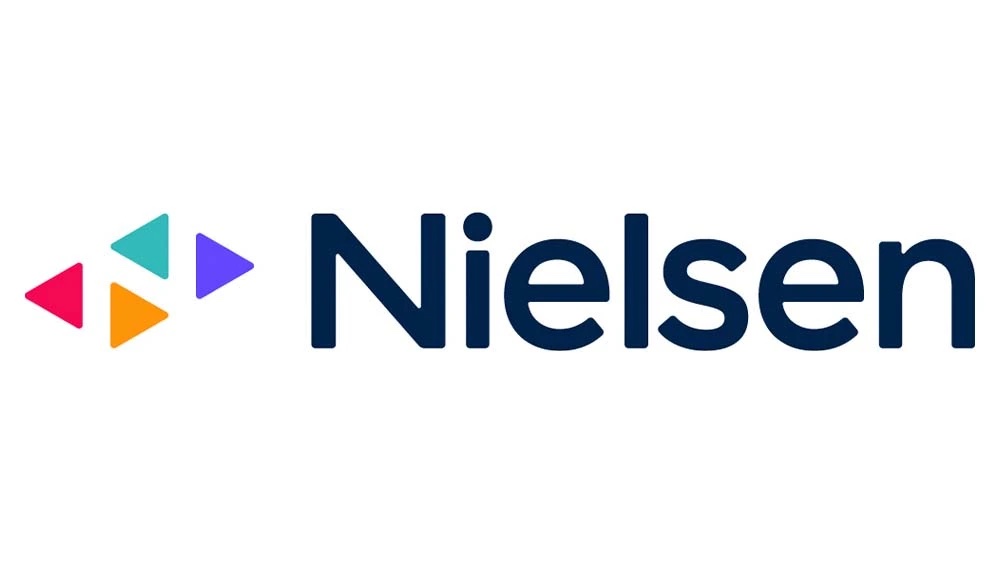United States should deploy 1G broadband service by 2015
The United States should target 100Mb/s speed broadband service for all residents by 2012 and 1Gb/s service by 2015. The target speeds are necessary in order for the United States to catch up to other countries that are moving forward with broadband rollouts, a new study found.
The study, by the Baller Herbst Law Group of Washington, D.C., said the U.S. government should create a national broadband strategy that helps state programs bring broadband to underserved areas. Neither private industry nor government programs alone can build the broadband networks needed for the United States to compete globally in the coming years, said Jim Baller, founder of Baller Herbst and the study’s co-author.
Among the recommendations of the study are grants to broadband providers, communities working together to finance broadband networks and funding for new broadband competitors.
Countries such as Japan and South Korea have faster broadband available for cheaper prices than in the United States, and residents in those countries have an advantage over U.S. residents.
The average download speed among consumer broadband services in the United States is 8.9Mb/s, slower than average speeds in 18 other Organization for Economic Cooperation and Development (OECD) countries, according to the OECD. Japan’s average download speed is more than 10X faster, at 93.7Mb/s, while France’s is 44.2Mb/s, and South Korea’s is 43.3Mb/s, according to OECD numbers.
The professional video industry's #1 source for news, trends and product and tech information. Sign up below.
